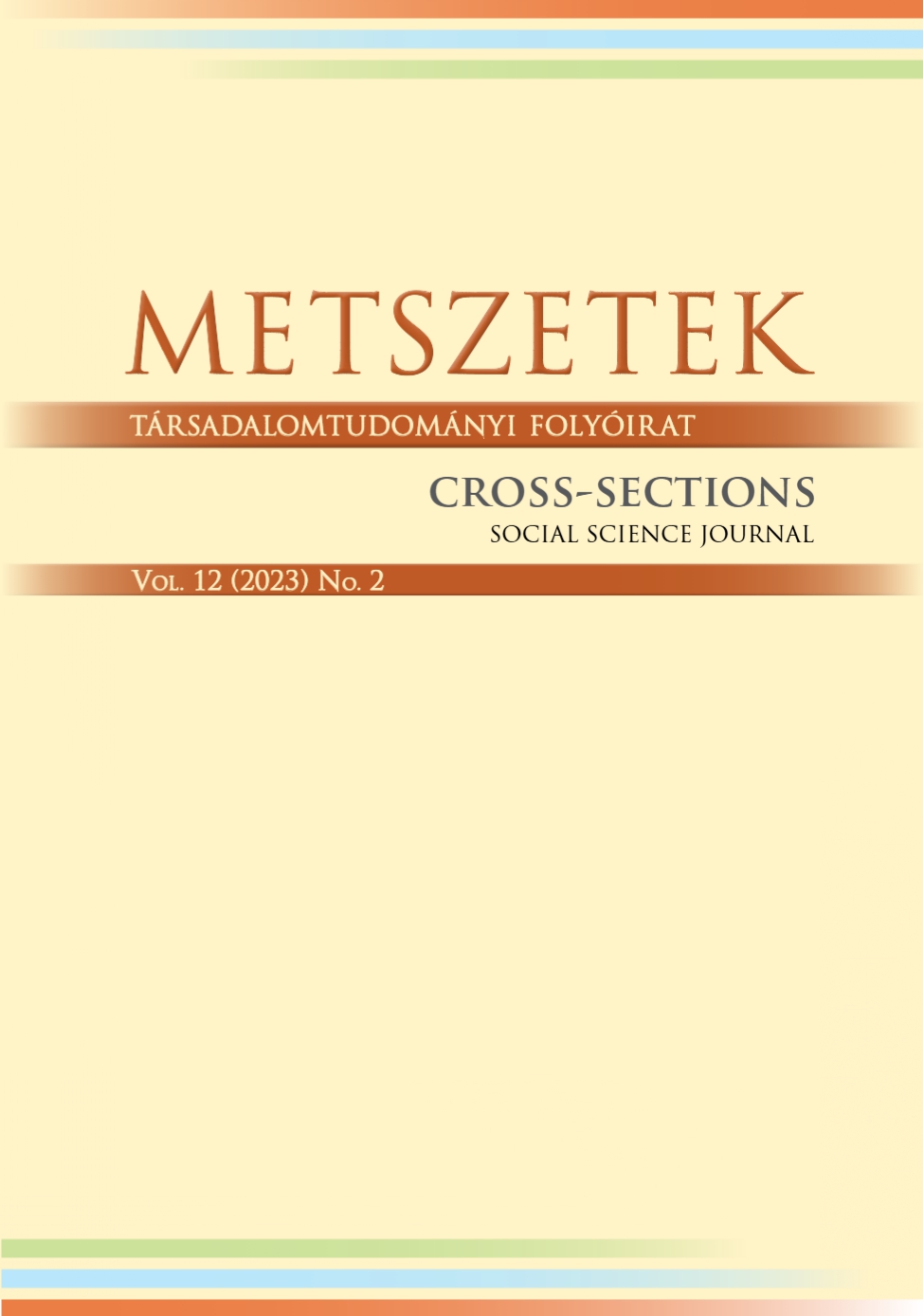Kormányzati legitimitás és az adómorál összefüggései a fiskális szerződésben. A kollektív szolgáltatások és a kormányzati kommunikáció esete
Legitimacy and tax morale in fiscal contract: The role of collective services and government communication in shaping taxpayers’ moral considerations
Author(s): Zsanett PokornyiSubject(s): Social Sciences
Published by: Debreceni Egyetem Politikatudományi és Szociológiai Intézet
Keywords: ax morale; government legitimacy; collective services; fiscal contract; communication of the government
Summary/Abstract: The purpose of this paper, building on the so-called fiscal contract theory, published by Margaret Levi (1988, 1998) and Jeffrey F. Timmons (2005), is to investigate the nature of the relationship between the so-called tax morale and government legitimacy. More specifically, it discusses the important theories and empirical researches to highlight on the significance of the role of the government in influencing citizens’ moral considerations during taxpaying. According to the fiscal contract theory, there is an unspoken agreement between taxpayers and the governmentto oblige the government to maintain services reflecting on collective needs and to oblige citizens to comply with the law, i.e. to pay their taxes. Thus, taxpaying is voluntary, but conditional. This paper relies on this theory when it argues that fiscal contract is rooted in citizens’ responsibility for their community, inducing their tax morale. In other words, this bilateral agreement suggests, that tax morale, what is rooted in citizens’ responsibility, is a significant factor of taxpaying motivations.
Journal: Metszetek - Társadalomtudományi folyóirat
- Issue Year: 12/2023
- Issue No: 2
- Page Range: 140-156
- Page Count: 17
- Language: Hungarian

